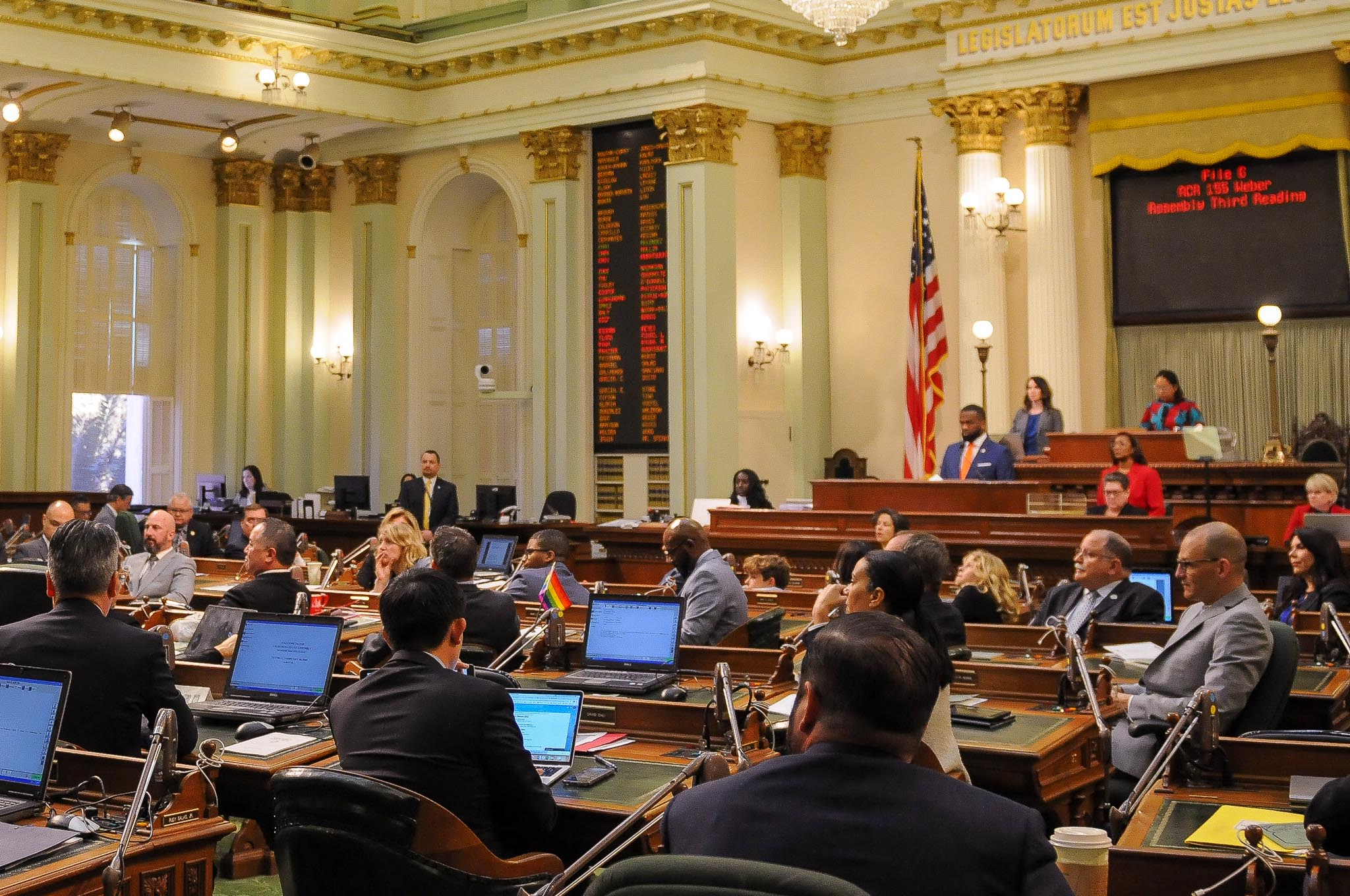
California State Capitol. (Photo: Kevin Sanders for California Globe)
Pilot Program Bills Should Contain Certain Provisions
Legislative findings and declarations usually set forth a factual basis or purpose for the proposed legislation
By Chris Micheli, October 31, 2023 7:48 am
Like bills creating or expanding tax expenditure programs (TEPs), I believe all pilot program bills should contain certain provisions. In my mind, pilot program bills should contain evaluation criteria and a sunset date. They should also contain findings and declarations and intent statements by the Legislature.
California, like most other states, occasionally establishes a “pilot program,” which is basically a temporary program established by statute. The idea behind pilot program legislation is to give a public policy proposal a try. As part of this effort, there is usually a collection of data and a determination whether the temporarily adopted program is meeting perceived expectations.
In some instances, a pilot program includes a formal study, perhaps even with an independent third-party conducting the data collection, evaluation, and reporting. There may even be oversight to ensure that the program is being implemented as intended so that a proper evaluation can be made. As a result, a pilot project is a short-term statutory program used to evaluate perhaps an entirely new or innovative program or operation.
As part of that evaluation, every pilot program bill should be required to include an evaluation, based upon specified criteria, a study in order to review whether the criteria were met, and a report back to the Legislature, along with a sunset date.
A pilot program’s evaluation criteria should be similar to that which is contained in Revenue and Taxation Code Section 41, which requires any bill introduced after January 1, 2020 to contain specified information if the bill would authorize a new TEP. Section 41 requires the bill to include:
- Specific goals, purposes, and objectives that the tax expenditure will achieve.
- Detailed performance indicators for the Legislature to use when measuring whether the tax expenditure meets the goals, purposes, and objectives stated in the bill.
- Data collection requirements to enable the Legislature to determine whether the tax expenditure is meeting, failing to meet, or exceeding those specific goals, purposes, and objectives.
Like the above criteria for TEP bills, it is best when a pilot project is established with stated goals that the pilot project is intended to achieve, the reasons for the project, and perhaps why this particular approach was chosen for the program. Costs associated with administering and complying with the program should also be reviewed.
At the conclusion of the pilot program, a report should be required to be presented to the Legislature in order for elected legislators to determine whether the pilot project met expectations and, if so, whether it should continue for another definite period of time, or perhaps even be made permanent.
Finally, in order to ensure the evaluation is done properly and it is well understood what the purpose of the pilot program is, a bill authorizing a pilot program should include both legislative findings and declarations, as well as legislative intent statements.
In my view, legislative findings and declarations usually set forth a factual basis or purpose for the proposed legislation, while legislative intent statements simply set forth the intent of the Legislature. The findings and declarations should come first because they provide the basis for the bill’s provisions and are a precursor to the intent statements.
In other words, the findings and declarations, as well as the legislative intent statements, set the stage for the pilot program and they also provide the basis for the evaluation criteria to be used in the study for the Legislature. As a result, the pilot program bill should include:
- Legislature findings and declarations
- Legislative intent statements
- Evaluation criteria
- Study
- Sunset date
- What Type of Lobbyist Do You Want to Be? - February 28, 2026
- Proration of Estate Taxes - February 28, 2026
- Corporations Commissioner Powers - February 27, 2026




